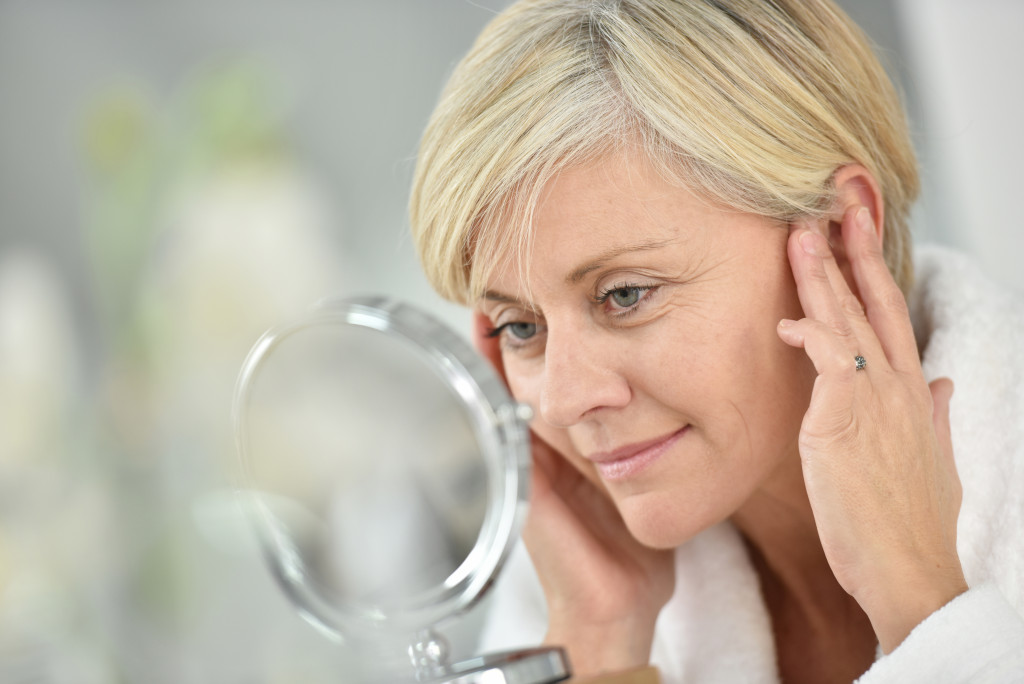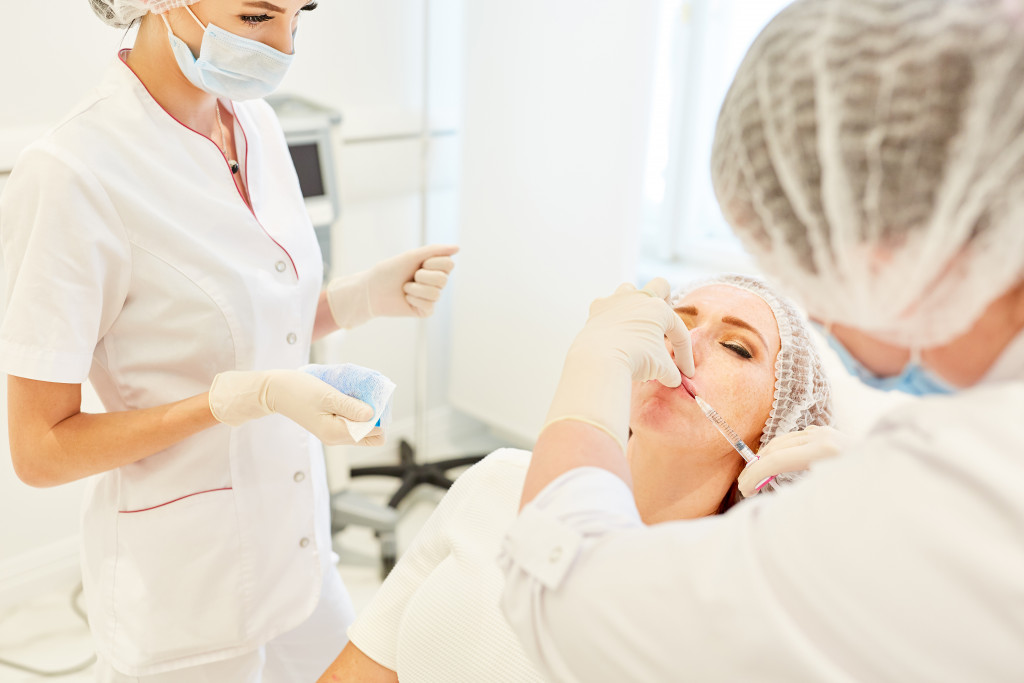- Aging is a complex process influenced by free radicals, telomeres, hormones, inflammation, and sleep patterns.
- Lifestyle changes, including a healthy diet, exercise, and sufficient sleep, can help slow aging.
- Hormone replacement therapy can manage age-related hormone decline and slow aging.
- Clinical interventions like dermal fillers, stem cell therapy, and anti-wrinkle injections can help manage aging symptoms.
Have you ever stopped to think about the science of aging and how it impacts your overall health and well-being? As you age, your body undergoes a series of changes that can lead to a decline in your physical and cognitive abilities.
However, scientists have been studying the aging process for years, and there are several things you can do to slow it down. This blog will explore the science of slowing the aging process and highlight a few things that you need to know to stay young and healthy for longer.
Free radicals and oxidative stress
Free radicals are unstable molecules that can cause damage to your cells and contribute to the aging process. One of the ways to slow down the aging process is to reduce your exposure to free radicals. Antioxidants, such as vitamins C and E, can help to neutralize free radicals and protect your cells from damage. Eating a diet rich in fruits and vegetables is an excellent way to increase your antioxidant intake.
Telomeres and the aging process
Telomeres are the protective caps at the end of your DNA strands that become shorter as you age. When your telomeres become too short, your cells can no longer divide, leading to aging. Some research suggests that certain lifestyle factors, such as exercise, stress reduction, and a healthy diet, can help to preserve your telomeres and slow down the aging process.
Hormones and aging
As you age, your body produces less of certain hormones, such as testosterone and estrogen. The decline in hormone production can contribute to age-related health issues, such as osteoporosis, cognitive decline, and loss of muscle mass. Hormone replacement therapy can be an effective way to manage the symptoms of hormone decline and slow down the aging process.
Inflammation and aging

Chronic inflammation is a key contributor to the aging process. Inflammation can damage your cells and tissues and lead to a range of age-related diseases, such as heart disease, arthritis, and cancer. Diet and lifestyle changes, such as reducing your intake of processed foods and sugar and increasing your exercise levels, can help to reduce inflammation in your body and slow down the aging process.
Sleep and the aging process
Sleep is a critical component of overall health, and research has shown that getting enough high-quality sleep can help to slow down the aging process. During deep sleep, your body releases growth hormone, which plays a key role in repairing and rejuvenating your cells. Aim for seven to nine hours of sleep per night to keep your body and mind in optimum condition.
Clinical interventions for aging
In addition to lifestyle changes, there are also several clinical interventions that can help to slow down or mask the aging process. Here are four of the most popular ones that you may have heard of:
Dermal fillers

Dermal fillers are another type of cosmetic procedure that can help to reduce the signs of aging. They work by filling in wrinkles and adding volume to areas of your face that have lost elasticity and firmness.
Hormone replacement therapy
As mentioned earlier, hormone replacement therapy can help to slow down the aging process by replenishing hormones that decline with age. This treatment is especially beneficial for women going through menopause and experiencing symptoms such as hot flashes and mood swings.
Stem cell therapy
Stem cell therapy is a relatively new clinical intervention that has shown promise in slowing down the aging process. It involves injecting stem cells into your body to repair damaged tissues and organs, which can improve overall health and increase longevity.
Anti-wrinkle injections
Anti-wrinkle injections are your best bet for reducing the appearance of wrinkles and fine lines caused by aging. These injections contain an ingredient that temporarily paralyzes facial muscles, giving you a smoother and more youthful appearance.
If you plan to try out this treatment, choose a trusted anti-wrinkle injection clinic that uses top-quality products and has experienced practitioners. They can help you achieve natural-looking results without looking overdone. They can also advise you on how often you should get the injections to maintain your desired look.
Aging is a complex biological process influenced by a multitude of factors. The science behind it continues to evolve, offering fresh insights and novel interventions to slow it down. While aging is inevitable, incorporating a balanced diet, regular exercise, adequate sleep, and strategic lifestyle changes can help alleviate its impacts. Remember, aging is not just about adding years to your life but adding life to your years!

